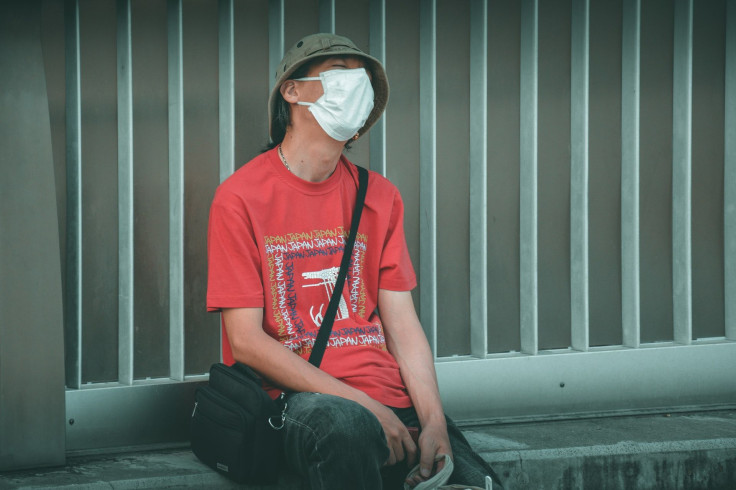Coronavirus Test Kit: Researchers Studying If Startup's Wearable Could Detect Early COVID-19 Symptoms

KEY POINTS
- Startup WHOOP is joining a study conducted by Central Queensland University Australia (CQUniversity) and Cleveland Clinic
- The study will make use of the data collected from WHOOP's devices that are used for tracking the sleep of its users
- The hypothesis is that the abnormalities in respiratory patterns may provide an early warning sign of COVID-19 infection
When was the last time that wrist-worn wearable devices forewarned someone that they are infected by the coronavirus?
That is what Boston-based startup WHOOP is aiming to accomplish as it takes part in a study about changes in their respiratory behavior among COVID-19 patients.
WHOOP announced on Wednesday that it would join a study conducted by the Central Queensland University Australia (CQUniversity), along with the Cleveland Clinic as their partner. The startup's role is to provide data from device users who said that they had contacted the disease.
One of the symptoms that manifest among those infected by the virus is shortness of breath, which usually comes between 2 to 14 days of exposure. WHOOP's hardware collects respiratory data that they deem would give a clue so as to detect COVID-19.
WHOOPS, like most wearable devices, track sleep patterns, heart rate, a strain monitor that are all aimed at providing users valuable statistics about their activities on a day to day basis. Its device is endorsed by athletes like Kate Courtney, who is a mountain bike world champion, Joe Holder, a Nike master trainer, and Katrin Davidsdottir, a two-time CrossFit Games champion.
And, the data that WHOOPS 3.0 hardware collects has been validated by another study conducted by Univesity of Arizona to be one the most accurate measurement tools for respiratory rate, which doesn't require a more invasive measure. This ultimately allowed researches to hypothesize that it could serve as an early warning sign for any abnormalities in breathing, especially when contrasted with actual coronavirus infections.
"We believe that a noticeable increase in respiratory rate is a measurable precursor of COVID-19 symptoms based on individual cases that we have seen in our data," CEO Will Ahmed said in a statement. "Whoop data may be able to help identify the coronavirus during the incubation period before someone feels sick."
The study has yet to be conducted but is estimated to last more than a month to six weeks. There are also several hundred self-reported cases present in the app that will be the study's starting point, and the teams working together plans to enroll at least 500 patients who tested positive for COVID-19, TechCrunch reported.
© Copyright IBTimes 2024. All rights reserved.





















